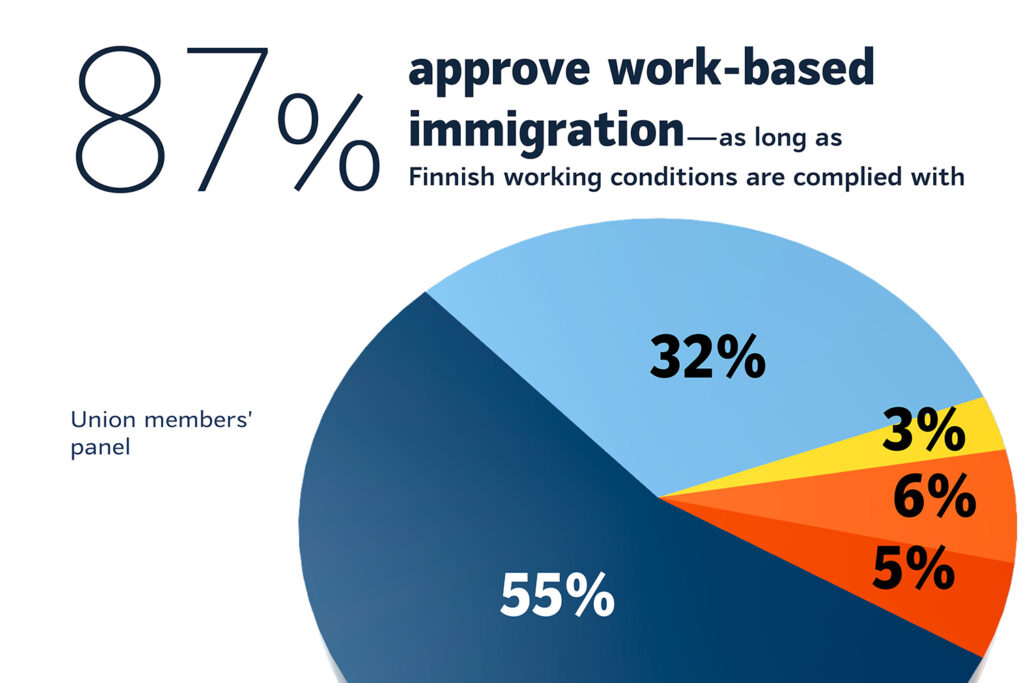In English
Make the deal of your life
In 1917, the Finnish Parliament made a historic decision: daily working hours were limited to eight hours a day and a maximum of 47 hours a week. Working on Sundays now offered better pay. The law was the goal of the labour movement and passed due to a general strike in November 1917.
14.7.2021
In 2021, the law is still basically the same. Except that now the legal maximum weekly working time is 40 hours since we introduced free Saturdays from the mid 1960’s on.
So why do most of us work less than 40 hours a week? The answer is collective bargaining. The law sets the limit, but with collective agreements it is possible to make better deals for employees.
This is the essence of collective bargaining and for this reason some hard-line employers want to scrap the system. They dream of making the law a directive for terms of work, at least for those without strong negotiation power.
As the Finnish labour market system is based on collective bargaining our legislation does not stipulate too much on the actual terms of work. No need for legislation when the unions take care of the pay rises and other benefits for the employees.
For many this is, surprisingly enough, a surprise. Ask your colleagues, for instance, how many paid public midweek holidays do we have according to legislation. Many would count the same in days like Christmas, Easter and Midsummer.
But no, we have just one. Only one, Independence Day. All the rest have been agreed in collective agreements. Without these, no free Christmas or Easter. Only business as usual.
The same is true of the holiday bonus. Today, a 50 per cent bonus of one month holiday is the norm. However, this is not stipulated in law either. In 1971, the Metal Workers’ Union – predecessor of the Industrial Union – were the first to get this in their agreements after a seven- week strike.
The list of benefits from collective agreements versus legislation is long. The law gives sick pay for a maximum of nine working days, annual leave of maximum five weeks, no minimum pay, no pay increases, no shift bonuses, no per diems on work trips, no shop steward system to defend employees´ rights, to name but a few.
All this, and much more are thanks to collective agreements which give better benefits to all. Not only for those who succeed to squeeze a bit better benefits from their boss.
These benefits are not only for those with steady jobs. Union deals cover summer jobs and short-term employment, too.
The trade union movement is campaigning now to make collective agreements better known, under the slogan Make the Deal of your Life. On the page suntessi.fi you will find information also in English and Swedish.
TEXT HEIKKI JOKINEN



